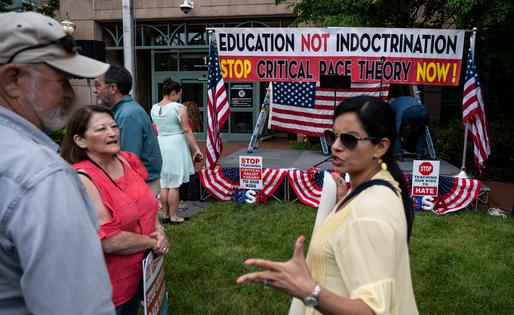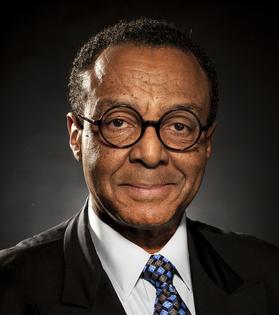Critical Race Theory is No Excuse for Ignorance
Political campaign season may be over but battles against what increasingly is being called “critical race theory” are not.
I still put CRT in quotes. I know that those who want to kick CRT out of public schools hate to hear me bring up the fact that CRT isn’t taught in public schools.
But that technicality doesn’t matter to the activists, including some genuinely concerned parents. True, CRT is an academic framework, created by progressive legal scholars in the 1970s and ’80s, that posits racism to be not only a matter of individual bias but also embedded in legal systems and policies that historically have shaped American law and public policy.
Yet, I’ve heard that label politically repurposed by conservatives and ballyhooed effectively through conservative media to apply to just about any publication or classroom instruction that, in their terms, “divides the races into ‘victims’ and ‘oppressors,’” or otherwise “might cause white children to feel badly about themselves.”
That’s not accurate, either, but it is the description I widely hear from advocates for laws like those already enacted in 12 states and proposed in 29 others, according to an Education Week analysis at the end of last month.
Since June 1, the Chicago-based American Library Association’s Office for Intellectual Freedom has tracked 155 incidents across the country and has provided support and consultation in 120 of those cases, office director Deborah Caldwell-Stone told me.
“That was just from July 1 to the first weeks of September,” she said, “compared to last year when we received 153 for the entire year.”
“What we’re seeing is challenges, particularly of books for young people, under the claim that they are critical race theory, but more often than not they are age-appropriate, developmentally appropriate books for young people dealing with Black American history or racism — and often being removed against (anti-censorship) policy.”
Back when the anti-CRT crusade was catching fire last spring, I said I couldn’t wait to see what happens when Black History Month rolls around. That’s because I found that most of the anti-CRT culture warriors I asked couldn’t really define what CRT is. They only knew that it was “bad,” didn’t belong in our schools and maybe cited a conservative website or cable TV commentator to back up their point.
Then voters in Virginia turned Democrat Terry McAuliffe’s early lead into a stunning loss to Republican Glenn Youngkin in the race for governor. A central issue in the contest was CRT and how children are being educated. , I realized — as McAuliffe did, too late — that whether anti-CRT individuals could define CRT accurately didn’t matter. The issue that grabbed their hearts and won their votes was simply how well their children were being educated — or not.
...continued
(c) 2021 CLARENCE PAGE DISTRIBUTED BY TRIBUNE MEDIA SERVICES, INC.










